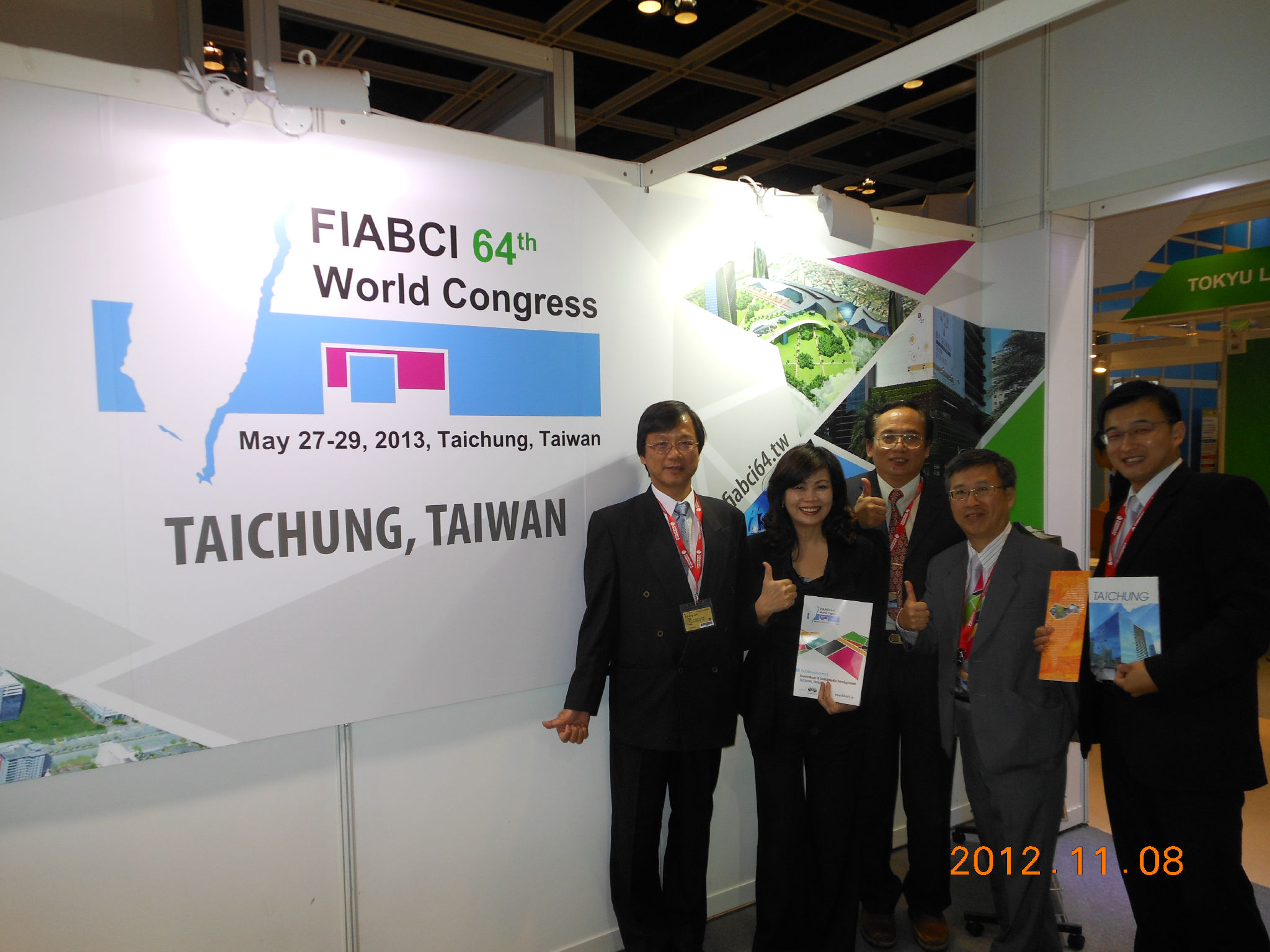FIABCI 64th World Congress
The term “sustainability" first appeared in the “Brundtland Report" issued by the United Nations “World Environment and Development Committee" (WCED) in 1987, and was widely cited and applied in various fields. Become universal value. According to the report, sustainable development must “satisfy the needs of the present without compromising the development opportunities that future generations will meet to meet their needs," and its scope includes economic growth, environmental protection and social equity. The complexity of Asian cities is very different from that of the West. In Asian cities, high-density development and increasing population are just the norm. This trait directly challenges sustainable development. Although the definition of sustainable development, the scope of coverage, and detection mechanisms have often been revised in different cases, most of the discussion topics and research are still focused on the sustainability of the environment. In contrast, cultural, social and other perpetual issues are often Ignored, but it is the most critical issue for the sustainable development of Asian cities.
The urban governance mechanisms, financial dilemmas, environmental management, social systems, and high-density development of Asian cities often harm the perpetual spirit while the cities are developing. If sustainable management is the common goal of urban development, the model of sustainable detection and development of large-scale clustered cities in Asia must rely on innovative methods to reflect the nature of each city, its social, cultural and political environment, and make up for the society. Institutional, policy, and environmental constraints are the first to be involved in the development of the real estate industry that involves government strategies, land use, and free markets.
The 64th World Real Estate World Conference will be held in Taichung, Taiwan in 2013. The main purpose of the conference is to provide a communication platform for the real estate-related areas of the world, enhance professional knowledge, trigger dialogues between all parties, and establish networks. Although the size of the city in Taiwan is not as large as its surrounding cities such as Tokyo, Seoul, Beijing, Shanghai, Guangzhou, and Manila, its long-term commitment to sustainable development is no less than that of other Asian cities, and it has already achieved considerable success. In particular, the green technology industry is the most significant. Taiwan’s focus on Asia is to attract more Asian-related real estate related companies to participate in the conference by sharing geographical advantages and share their experiences and problems. This will allow participants from all over the world to understand that Asian real estate is different from Europe and the United States. Development forms, strategies, trends, and trends and future of real estate development in Asian cities. In addition, participants were given a better understanding of the governance methods, efforts, and achievements of many cities in Asia for sustainable development, such as Taiwan Taichung, Singapore, Hong Kong, and Seoul in South Korea. Their experience is sufficient to provide an insight into other mega cities in Asia. The slogan of the city is no longer just an unattainable dream.


